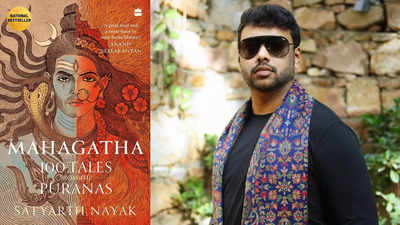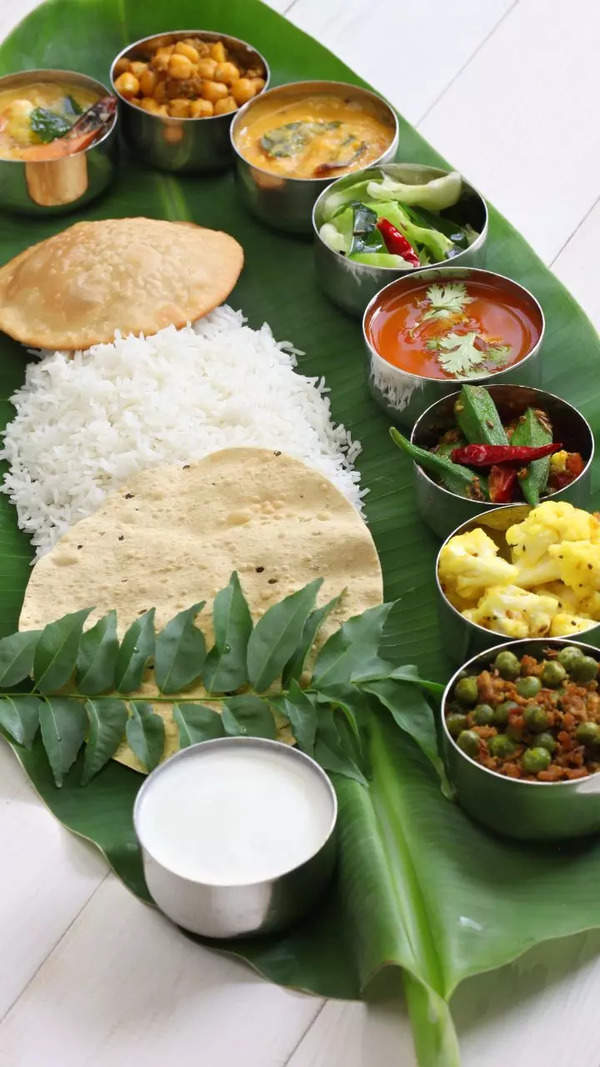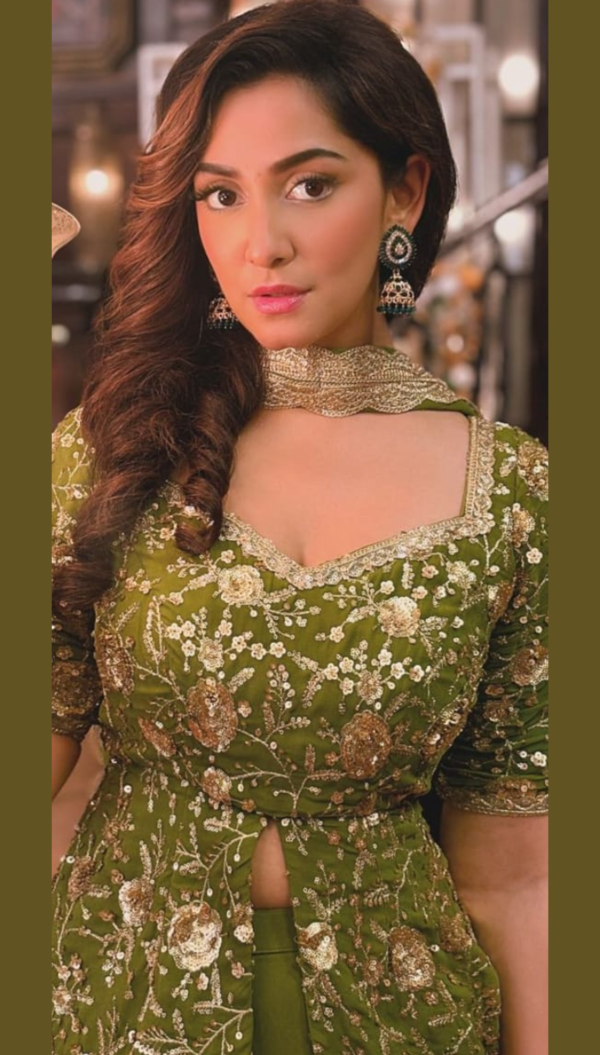- News
- lifestyle
- books
- interviews
- Triumph of 'Mahagatha' proves book-reading is thriving in India: Satyarth Nayak
Trending
Triumph of 'Mahagatha' proves book-reading is thriving in India: Satyarth Nayak
Author, screenwriter, and AutHer Awards 2024 jury member, Satyarth Nayak's latest book 'Mahagatha' is being quite well-received by the audience. The book is a collection of 100 timeless tales from the Puranas, which the author has selected. In this interview, popular writer Satyarth Nayak discusses his latest book 'Mahagatha', how the the Puranas are relevant in modern times, and much more. Read excerpts:

Author, screenwriter, and AutHer Awards 2024 jury member, Satyarth Nayak
Author, screenwriter, and AutHer Awards 2024 jury member, Satyarth Nayak's latest book 'Mahagatha' is being quite well-received by the audience. The book is a collection of 100 timeless tales from the Puranas, which the author has selected. In this interview, popular writer Satyarth Nayak discusses his latest book 'Mahagatha', how the the Puranas are relevant in modern times, and much more.Read excerpts:
1. Your recent book 'Mahagatha' is received well among readers... Tell us a bit about the book and how did you select 100 tales from the Puranas for it?
It has been extremely gratifying to see the extraordinary success of 'Mahagatha'. The book has already crossed 50,000 copies to emerge as a huge bestseller. It has also become one of the most successful books for HarperCollins in recent times. The book has been translated in Hindi, Marathi and Gujarati and talks are on for a Bengali translation as well. I am thrilled to see 'Mahagatha' topping the bestseller charts at all major bookstore chains. It’s also being hailed as a collector’s edition that should be a part of every home library. Triumph of 'Mahagatha' proves book-reading is thriving in India. Ayan Mukerji, the Director of 'Brahmastra', who launched the book in Mumbai, praised it saying, ‘the way Satyarth has arranged all the tales from our Puranas in this very interesting order–almost like you’re going through the history of Hinduism–is absolutely wonderful.’ The tales were selected through a three pronged criteria of how engaging a story was, who were the characters involved and if it was a lesser known tale that deserved a wider audience.
2. What is the concept of Karma in the Puranas? If you could elaborate on the grey nature of the Puranas, and what readers can learn from it especially in today's times?
3. 'Mahagatha' also captures some fascinating women characters and LGBTQ+ characters from the Puranas…
I have always wondered about the representation of women in our ancient texts and it was wonderful to see how the Puranas celebrate gender parity. Shiva assumes the glorious form of Ardhanarishwara to show Brahma that creation is impossible without the female form. In another tale, Bhringi learns that he cannot worship Shiva without acknowledging Shakti. In many stories the devas need a devi for their survival. So, when they are starving, they need to create Swaha. When faced with Mahishasura, they need Durga. When faced with Raktabija, they need Kali. Stories of Tara and Sangya see them abandoning their husbands for physical reasons and the Puranas never judge them but instead the husbands are made to realise their faults. The depiction of LGBTQ+ through stories of Budh and Ila are also highly progressive.
4. You were one of the jury members for AutHer Awards 2024- Fiction category. How was your experience-- what were your criteria while going through the entries?
It was an absolutely rewarding experience. In the middle of writing books and screenplays these days, I hardly get enough time to read something new. But being a part of the jury of the AutHer Awards 2024, I got to savour some exceptional writing by our women authors today. The event itself was wonderfully conducted as well. My central criterion was that the book had to engage me and surprise me. It had to be a never-before kind of a reading experience in terms of the world it created and the storytelling it employed. My co-jurors also shared that sentiment which enabled us to award the most deserving authors!
5. Share your three writing tips for aspiring authors
Read! Read! Read!
6. A piece of advice you wish you had known about getting published in India, before becoming an accomplished author?
That writing a book is easy. The hard part is all the promotions that follow! But I have got used to it now and even enjoy doing whatever it takes to ensure that my books reach as wide an audience as possible.
7. You have written books and you are also a scriptwriter-- two vastly different mediums of storytelling. Which do you like more and why?
Both have their own challenges and own rewards. The primary difference between the two is that while writing a book, I can let my imagination run wild. My flights of fantasy can soar as high as I wish since they are only on paper. But what you write as a film script or OTT script will have to be translated visually on screen and hence certain constraints come into play.
8. Lastly, what are you currently working on?
I am currently working on my next mythology book with HarperCollins based on the 'Mahabharat'. I am also writing the biography of Shabana Azmi and scripting one of Bollywood’s biggest sci-fi franchise films.
1. Your recent book 'Mahagatha' is received well among readers... Tell us a bit about the book and how did you select 100 tales from the Puranas for it?
It has been extremely gratifying to see the extraordinary success of 'Mahagatha'. The book has already crossed 50,000 copies to emerge as a huge bestseller. It has also become one of the most successful books for HarperCollins in recent times. The book has been translated in Hindi, Marathi and Gujarati and talks are on for a Bengali translation as well. I am thrilled to see 'Mahagatha' topping the bestseller charts at all major bookstore chains. It’s also being hailed as a collector’s edition that should be a part of every home library. Triumph of 'Mahagatha' proves book-reading is thriving in India. Ayan Mukerji, the Director of 'Brahmastra', who launched the book in Mumbai, praised it saying, ‘the way Satyarth has arranged all the tales from our Puranas in this very interesting order–almost like you’re going through the history of Hinduism–is absolutely wonderful.’ The tales were selected through a three pronged criteria of how engaging a story was, who were the characters involved and if it was a lesser known tale that deserved a wider audience.
2. What is the concept of Karma in the Puranas? If you could elaborate on the grey nature of the Puranas, and what readers can learn from it especially in today's times?
Unlike the simple binaries of good and evil or heaven and hell in the West, our Brahmanda is way more complex and Newtonian where an action always has an equal and opposite reaction. As for devas acting vile and asuras acting virtuous, the Puranas inhabit a gloriously grey zone where boons often create chaos and curses often lead to good. Where the Ocean of Milk that bestows amrita, also spews halahal. Where Sita curses a cow while Krishna blesses a snake. Where Vishnu, who debases the chaste Vrinda, also embraces the concubines of Naraka. Where Rama upholds but Krishna uproots. Where along with dharma, also exists Apad Dharma. This inexactitude allows for a million interpretations of these tales. It even raises queries that does our Brahmanda operate without rules? And yet, within this bewildering maze, often glimmers a truth that is absolute. An answer that is universal. A particle of the Parabrahman so enlightening that it takes us a little closer to him.
3. 'Mahagatha' also captures some fascinating women characters and LGBTQ+ characters from the Puranas…
I have always wondered about the representation of women in our ancient texts and it was wonderful to see how the Puranas celebrate gender parity. Shiva assumes the glorious form of Ardhanarishwara to show Brahma that creation is impossible without the female form. In another tale, Bhringi learns that he cannot worship Shiva without acknowledging Shakti. In many stories the devas need a devi for their survival. So, when they are starving, they need to create Swaha. When faced with Mahishasura, they need Durga. When faced with Raktabija, they need Kali. Stories of Tara and Sangya see them abandoning their husbands for physical reasons and the Puranas never judge them but instead the husbands are made to realise their faults. The depiction of LGBTQ+ through stories of Budh and Ila are also highly progressive.
4. You were one of the jury members for AutHer Awards 2024- Fiction category. How was your experience-- what were your criteria while going through the entries?
It was an absolutely rewarding experience. In the middle of writing books and screenplays these days, I hardly get enough time to read something new. But being a part of the jury of the AutHer Awards 2024, I got to savour some exceptional writing by our women authors today. The event itself was wonderfully conducted as well. My central criterion was that the book had to engage me and surprise me. It had to be a never-before kind of a reading experience in terms of the world it created and the storytelling it employed. My co-jurors also shared that sentiment which enabled us to award the most deserving authors!
5. Share your three writing tips for aspiring authors
Read! Read! Read!
6. A piece of advice you wish you had known about getting published in India, before becoming an accomplished author?
That writing a book is easy. The hard part is all the promotions that follow! But I have got used to it now and even enjoy doing whatever it takes to ensure that my books reach as wide an audience as possible.
7. You have written books and you are also a scriptwriter-- two vastly different mediums of storytelling. Which do you like more and why?
Both have their own challenges and own rewards. The primary difference between the two is that while writing a book, I can let my imagination run wild. My flights of fantasy can soar as high as I wish since they are only on paper. But what you write as a film script or OTT script will have to be translated visually on screen and hence certain constraints come into play.
8. Lastly, what are you currently working on?
I am currently working on my next mythology book with HarperCollins based on the 'Mahabharat'. I am also writing the biography of Shabana Azmi and scripting one of Bollywood’s biggest sci-fi franchise films.
Robin Sharma on 'The Wealth Money Can't Buy', spirituality, writing, and more
End of Article
FOLLOW US ON SOCIAL MEDIA









